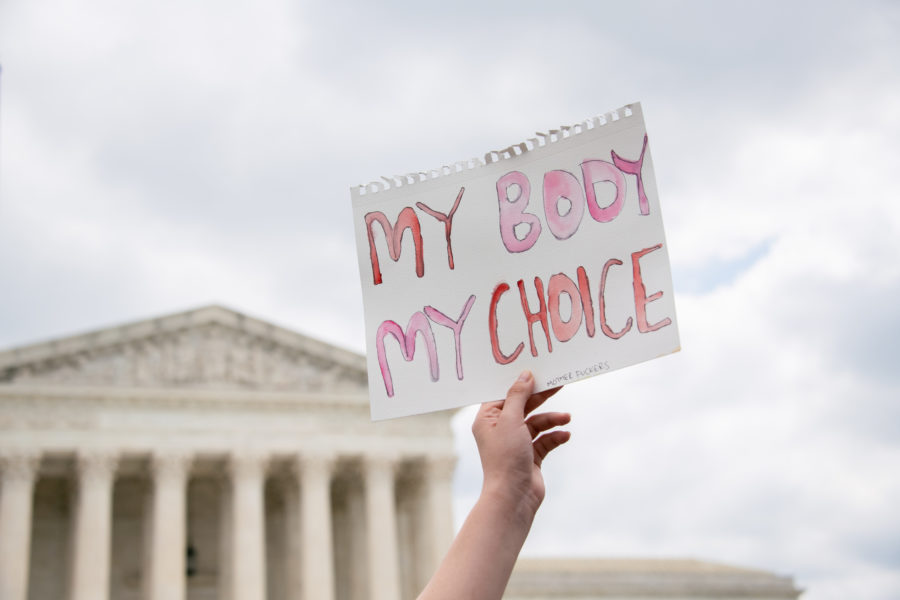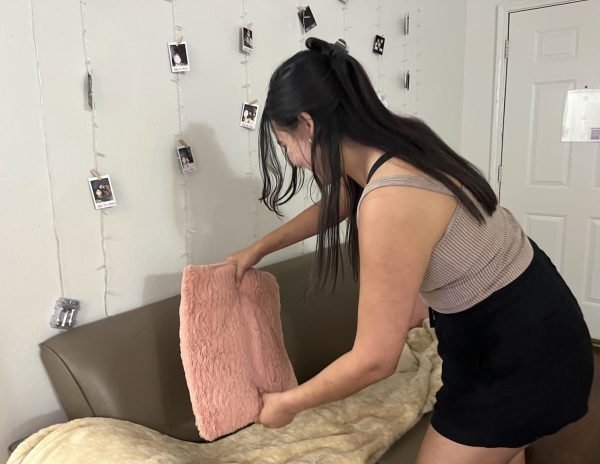The government is failing our women
renaschild – stock.adobe.com
Women’s health care in the United States is putting its women in danger.
Women’s health care in the United States is putting its women in danger. The U.S. Supreme decision to overturn Roe v. Wade, the landmark 1973 decision assuring a constitutional right to abortion, has caused more harm than protection.
Following the U.S. Supreme Court’s decision, U.S. states began to implement their laws. Thirteen of the U.S. states enacted trigger laws that would automatically ban abortion if the landmark Roe v. Wade were overturned. Louisiana is among the 13 U.S. states to have a trigger law on abortion.
In 2006, former Louisiana governor Kathleen Blanco signed the trigger law on abortion, except for the health of the mother. On Aug. 1, 2022, The Louisiana Department of Health released a list of “medically futile” pregnancies that are excluded from the state’s ban. The list has left healthcare providers and their patients in a difficult situation.
Nancy Davis, a resident of Baton Rouge, had to travel 1,400 miles to a clinic in Manhattan, New York to receive an abortion. Ten weeks into Davis’s pregnancy, the fetus was diagnosed with acrania, a rare and fatal condition in which the baby’s skull fails to form in the womb. Acrania was one of the conditions not included on the list released by the Louisiana Department of Health. Davis was advised by her physician to get an abortion, but they could not perform the procedure.
Along with our women, doctors are being placed in a tough situation. Doctors are unable to use their discretion, to save their patients. If a doctor performs an illegal abortion in Louisiana, they could face up to 15 years in prison. Doctors are becoming so cautious, they are refusing to service women that show signs of a miscarriage. Treatment for miscarriage is similar to the treatment used for abortions. Some physicians do not intervene for fear of being wrongfully accused of administering abortions.
Abortion laws are affecting women that are not even seeking them. Kaityln Joshua and her husband Landon Joshua were denied treatment at two facilities while experiencing a miscarriage. It took weeks for Joshua to pass the pregnancy at home, posing potential health risks such as hemorrhaging and sepsis.
According to the Centers for Disease Control and Prevention, maternity mortality is higher for Black women, who are three times more likely to die from pregnancy-related complications. Wealth or status cannot guarantee a safe pregnancy. Serena Williams, a professional tennis player, spoke about her near-death experience after her pregnancy with Alexis Olympia Ohanian.
In an opinion piece written by Williams on the Cable News Network, she discusses her experience of birth. Williams suffers from pulmonary embolism, which is a condition in which one or more arteries in the lungs become blocked by a blood clot. Williams stated that the hospital staff did not seem concerned, and a nurse “concluded that she was not thinking clearly because of pain meds.” Due to William’s persistence, it was revealed “deadly clots in her lungs, which required life-saving surgery and six weeks of bed rest.”
Shamony Gibson had the same condition as Williams, but her voice was dismissed. Almost two weeks after birth, she died of a pulmonary embolism. Gibson sought medical help twice and was turned away each time.
As a young woman who resides in Louisiana, these ongoing regulations are scary. The list which excludes women from the ban includes a small portion of health concerns a woman could face during pregnancy. The ban does not exempt victims of rape, leaving victims to fend for themselves. America has a lengthy history of controlling women and their bodies. Out of the five Supreme Court justices who voted to overturn Roe v. Wade, four of them were men. Women’s reproductive rights should not be policed by the government. The abortion ban is the start of the American government’s authority over women.





























